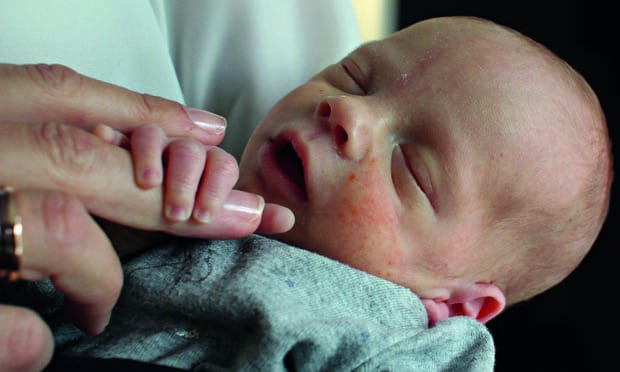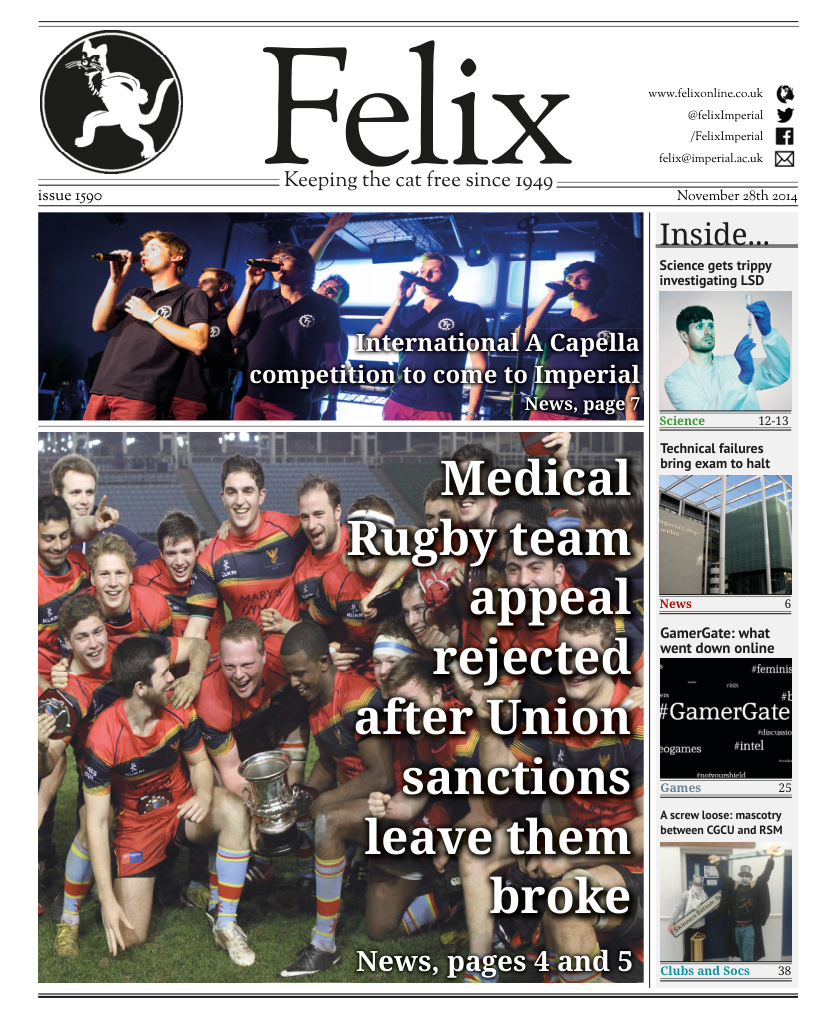First baby has been born after womb transplant
Vincent is normal and healthy

In early September this year, a 36 year old woman made history by giving birth to the world’s first womb-transplant baby. Absolute uterine factor infertility, caused by either an abnormal or absent uterus, is considered the only untreatable type of female infertility. It affects many women throughout the world, some of whom have resorted to other motherhood options such as surrogacy and adoption. Several uterus transplantations have previously been attempted but no live births have been reported until recently, as part of a groundbreaking clinical trial led by Dr Matt Brannstrom of the University of Gothernburg. It has taken more than a decade of intensive animal research by the team of scientists before achieving this goal.
The Swedish woman was 15 when she was told that she would never bear children of her own after being diagnosed with Rokitansky syndrome, a congenital absence of the uterus. The woman received the uterus from a 61-year-old family friend, and after in-vitro fertilisation (IVF) treatment with her partner she underwent a single embryo transfer a year after the surgery.
Vincent was delivered prematurely at 31 weeks, He is normal and healthy, much to the delight of his parents and the research team.
Before this case became a proof-of-concept for uterus transplantation as a treatment method for absolute uterine factor infertility, there were doubts as to whether a transplanted uterus could provide nourishment to the foetus, and whether a post-menopausal womb wowuld even work. Eight other women are currently involved in the transplantation trial and the research team has recently announced that two more women are pregnant having undergone the same procedure.
Scientists have to consider the ethical caveats that surround such research, which has been described as one that requires “greater ethical justification than other organ transplants”. Critics have questioned whether the operation would be a realistic option since it only seeks to improve one’s quality of life rather than being life-saving, yet it is costly and fraught with many health risks. However, advocates believe it helps women to fulfil personal dreams of having a child and developing a maternal bond which could be missing from other options, namely surrogacy.
This live birth has opened up the possibility for treating women with absolute uterine factor infertility and is a reflection of the long and challenging journey taken by Dr. Brannstrom and his team. “I want people to know that what they think is impossible can happen,” said the new mother who hopes that other women will be encouraged and can tell the same story in the future.









